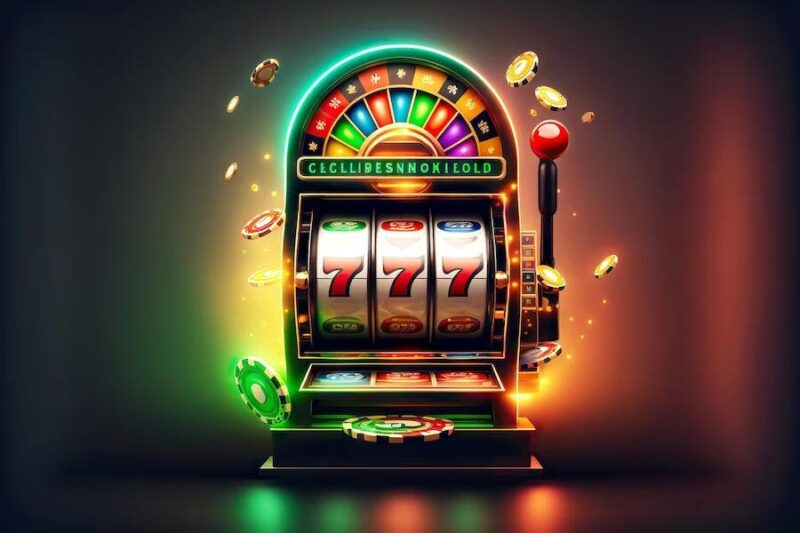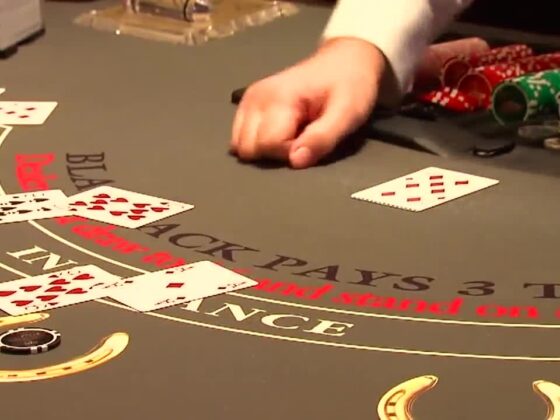Slot games have long been a popular form of entertainment, drawing in players with their vibrant visuals, engaging sounds, and the thrilling possibility of winning big. However, beyond the allure of instant gratification, there lies a deeper layer to slot gaming—one that involves strategic play and an understanding of the economics behind the games. This article explores how you can play smart and leverage slot gaming as a potential avenue for financial growth.
Understanding the Basics of Slot Gaming
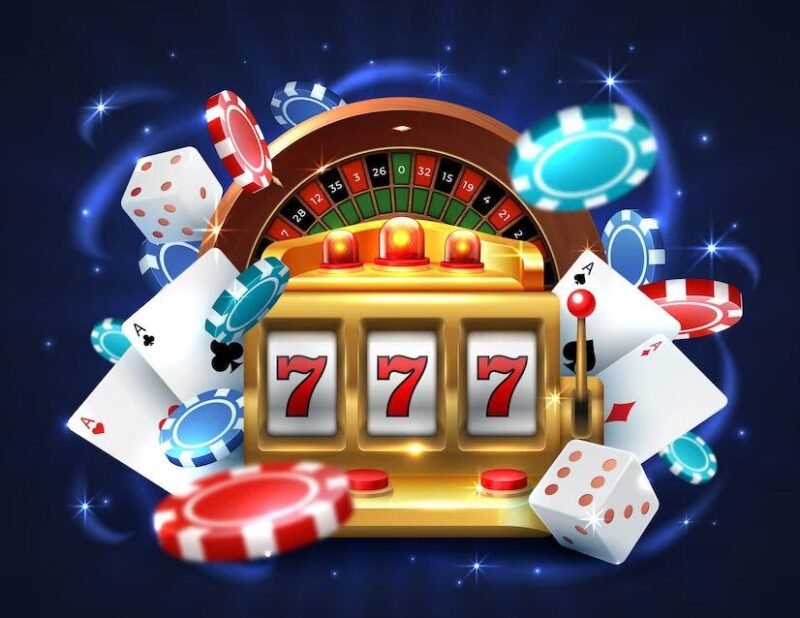
Before delving into strategies and economics, it’s crucial to understand the basics of slot gaming. Knowing how these games operate can significantly impact your approach and ultimately, your financial outcomes.
What Are Slot Games?
Slot games, also known as slot machines or pokies, are a type of casino game that relies on chance. They consist of reels (usually three to five) that spin when a button is pressed. Each reel has symbols, and the objective is to land a specific combination of these symbols to win a prize.
How Do Slot Machines Work?
Slot machines operate using a Random Number Generator (RNG), which ensures that every spin is independent and random. This means that previous spins do not influence future outcomes. The RNG determines the symbols that appear on the reels, making each spin an isolated event. Understanding this randomness is key to managing expectations and developing a strategy.
Paylines and Payouts
Paylines are the patterns on which symbols must align to win. Slot machines can have a single payline or multiple paylines. The payout, or the amount of money you win, depends on the combination of symbols and the specific slot game’s payout structure. Higher payouts are typically associated with more challenging combinations.
The Economics of Slot Gaming
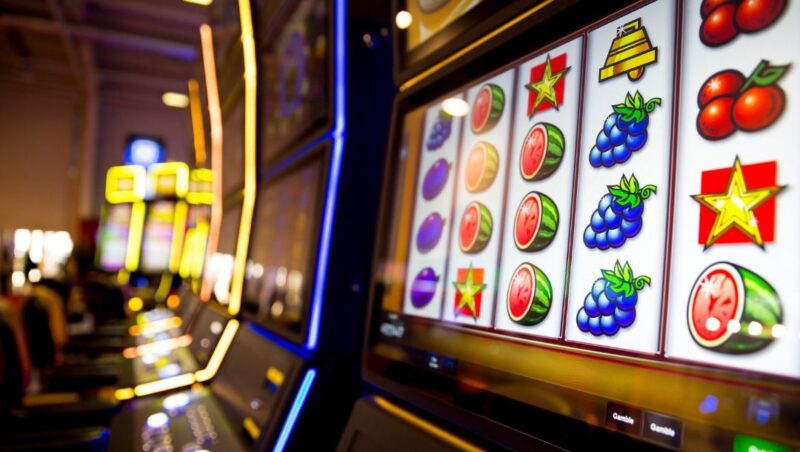
To play smart, it’s essential to comprehend the economics of slot gaming website ratu89. This involves understanding concepts like Return to Player (RTP), house edge, and volatility, all of which influence your potential financial growth.
Return to Player (RTP)
RTP is a critical factor in slot gaming. It represents the percentage of all wagered money that a slot machine is expected to pay back to players over time. For example, if a slot has an RTP of 96%, it means that, on average, the game will return $96 for every $100 wagered.
House Edge
The house edge is the casino’s profit margin on a particular game. It is the complement of the RTP and represents the percentage of each bet that the casino expects to keep over time. For instance, if a slot machine has an RTP of 96%, the house edge is 4%. Understanding the house edge helps you gauge how much you stand to lose over time and informs your decision on which games to play.
Volatility
Volatility or variance in slot games refers to the risk level associated with a particular game. High volatility slots offer larger payouts but less frequently, while low volatility slots provide smaller, more consistent payouts. Your choice between high and low volatility should align with your risk tolerance and financial goals.
Strategies for Smart Slot Gaming
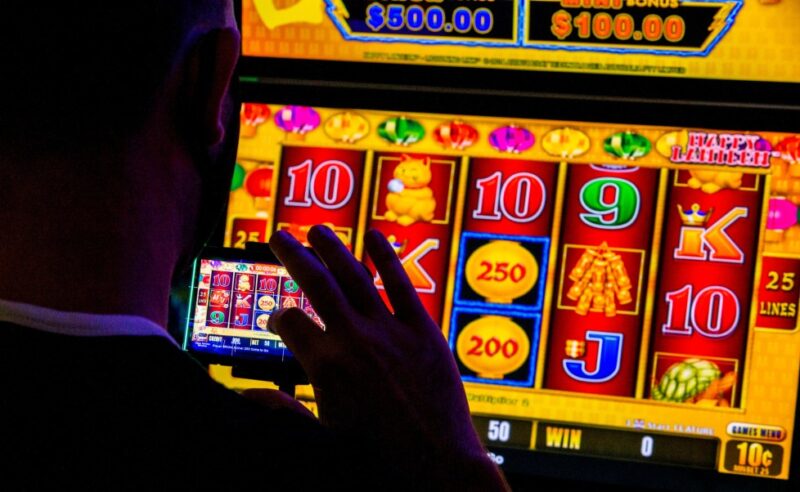
Now that you have a grasp of economics, let’s explore strategies that can help you play smart and potentially grow your finances through slot gaming.
Set a Budget and Stick to It
One of the most important rules in slot gaming is to set a budget and adhere to it strictly. Determine the amount of money you are willing to spend (and potentially lose) and never exceed this limit. This approach prevents you from falling into the trap of chasing losses, which can quickly deplete your finances.
How to Allocate Your Budget?
- Daily Limits: Break down your total budget into daily limits, ensuring that you spread your gaming over multiple sessions.
- Bet Size: Adjust your bet size based on your daily budget and the game’s volatility. Smaller bets allow for more spins, increasing your chances of hitting a winning combination.
Choose Games with High RTP
Opt for slot games with a high RTP percentage, ideally above 95%. Although no amount of strategy can change the outcome of a spin, choosing games with higher RTPs increases your chances of getting a return on your wagers over time.
Take Advantage of Bonuses and Promotions
Online casinos often offer bonuses and promotions, such as free spins or match bonuses, to attract and retain players. Leverage these offers to extend your playtime and increase your chances of winning without spending additional money.
Types of Bonuses to Consider
- Welcome Bonuses: Often include free spins or a percentage match on your first deposit.
- Reload Bonuses: Offered to returning players to incentivize further deposits.
- No Deposit Bonuses: This allows you to play without making an initial deposit, reducing your financial risk.
Practice with Free Games
Many online casinos offer free versions of their slot games. Practice with these free games to familiarize yourself with different slot machines, understand their mechanics, and develop a strategy before wagering real money.
Managing Risks in Slot Gaming
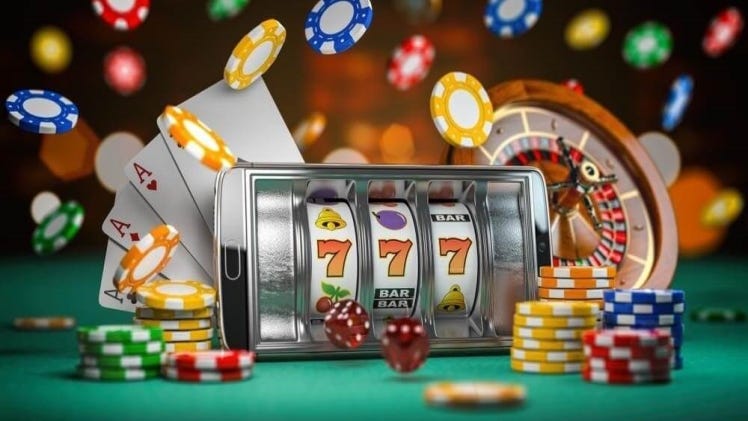
While slot gaming can be a fun and potentially profitable activity, it’s important to manage risks effectively to protect your finances.
Know When to Walk Away
It’s easy to get caught up in the excitement of slot gaming, especially when you’re on a winning streak. However, knowing when to walk away is crucial to preserving your winnings and preventing losses. Set a win limit (the amount of profit you’re satisfied with) and a loss limit (the maximum amount you’re willing to lose) before you start playing.
Diversify Your Gaming Experience
Diversifying your slot gaming experience by trying different games can help manage risk. By not putting all your money into one game, you spread the risk across multiple opportunities, increasing the likelihood of finding a game that works well with your strategy.
Long-Term Financial Growth and Slot Gaming
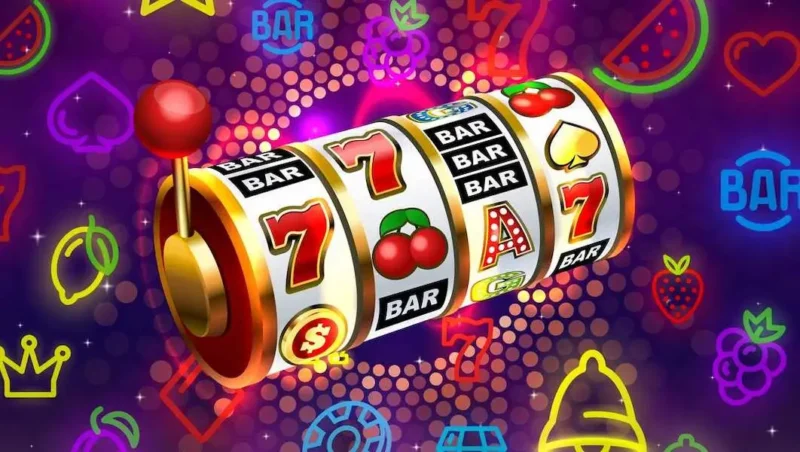
While slot gaming is primarily a form of entertainment, it can be approached as a potential source of financial growth if played strategically. However, it’s important to maintain realistic expectations.
The Reality of Financial Growth
The reality is that while it is possible to make money playing slots, it should not be relied upon as a primary source of income. The random nature of slot games means that outcomes are unpredictable, and losses are inevitable. Therefore, any financial growth achieved through slot gaming should be viewed as a bonus rather than a guaranteed outcome.
Conclusion
The economics of slot gaming offer a fascinating insight into how these games work and how players can approach them with a smart, strategic mindset. By understanding the principles of RTP, house edge, and volatility, and by implementing sound financial strategies, players can enhance their chances of success.
